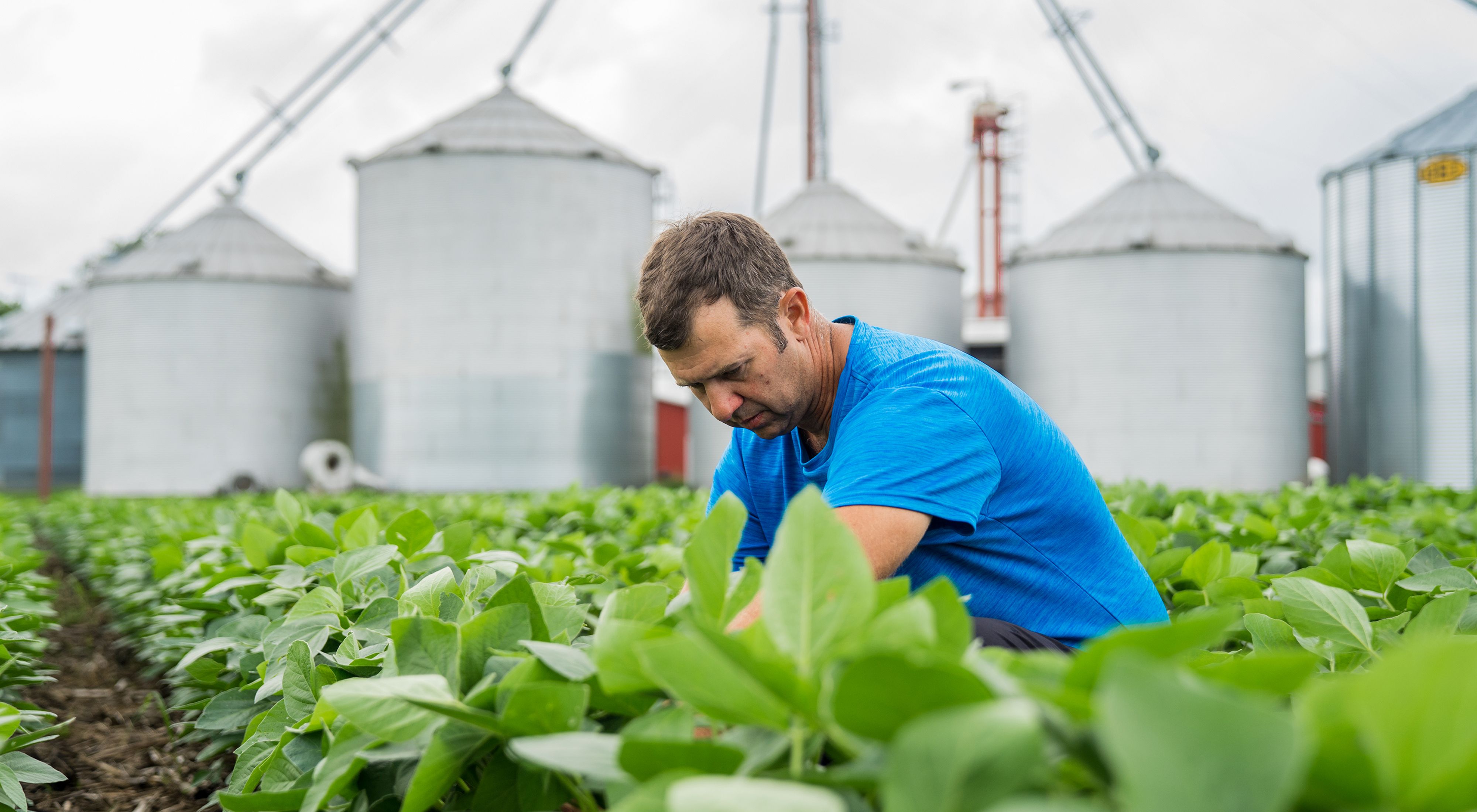A sustainable food system is potentially the most significant way to ensure a future where both nature and people thrive.
Growing and harvesting food on land and at sea is one of the most extensive and resource intensive industries on the planet. And current practices increasingly deplete our natural resources and compete for space with other important activities.
To successfully transform our global food system, we must go beyond conservation by working with the private sector to accelerate change. Our work is focused on sustainable agriculture and we work with companies across the value chain. In collaboration with the private sector, we have an opportunity to continue restoring our food system by:
- Advancing sustainable intensification of food production and adopting nature-based solutions in partnership with companies, as well as farmers, fishers, and ranchers.
- Changing food markets to align economic, social, and environmental considerations, address climate change, and promote sustainable development.
- Working with global brands and retailers to offer more sustainable options to consumers with conservation and biodiversity in mind.
At TNC, we apply science, practice, and policy to develop pragmatic, viable solutions for sustainable food production. We work with companies – along with governments, farmers, fishers, local communities, and environmental and humanitarian organizations – to implement solutions on the ground. It takes these joint efforts to achieve our conservation goals on a global scale. To that end, we are advancing a unique set of solutions that will have an outsized impact:
- Sustainable business practices through engagement with companies across the value chain.
- Breakthrough financing models, such as water funds and farmer loans, to incentivize action.
- On-the-ground engagement with farmers, fishers, and ranchers to optimize land management, production practices, and use of fertilizers and other inputs.

The next decade is critical to make significant changes in our relationship with food. It’s up to all of us as leaders, experts, and consumers to advocate and influence decision makers to create a more sustainable future that ensures:
Protections for habitat and biodiversity
Resilient ocean ecosystems
Access to fresh water for communities and agriculture
Healthy soil for healthy food
Climate-smart food production
Nature provides the land and water we use for farming and grazing, and the pollinators that our crops rely on. It provides the oceans we harvest and the rivers from which we source drinking water. It provides a livelihood for farmers, fishers, and ranchers – people whose work sustains nearly 8 billion people. Nature provides what we eat. Our food depends on nature.
